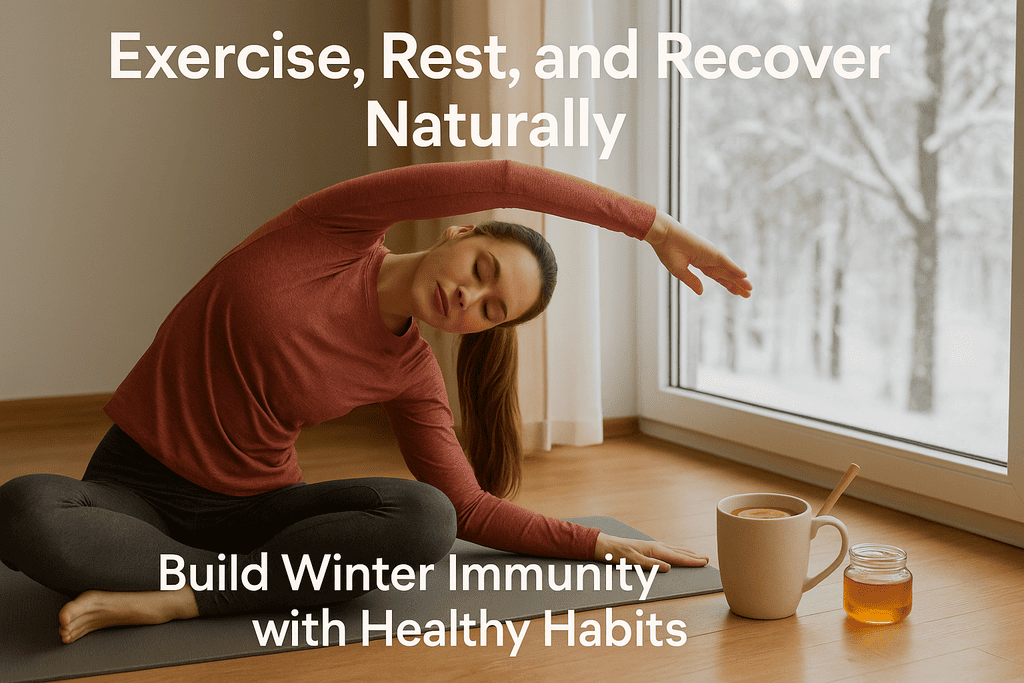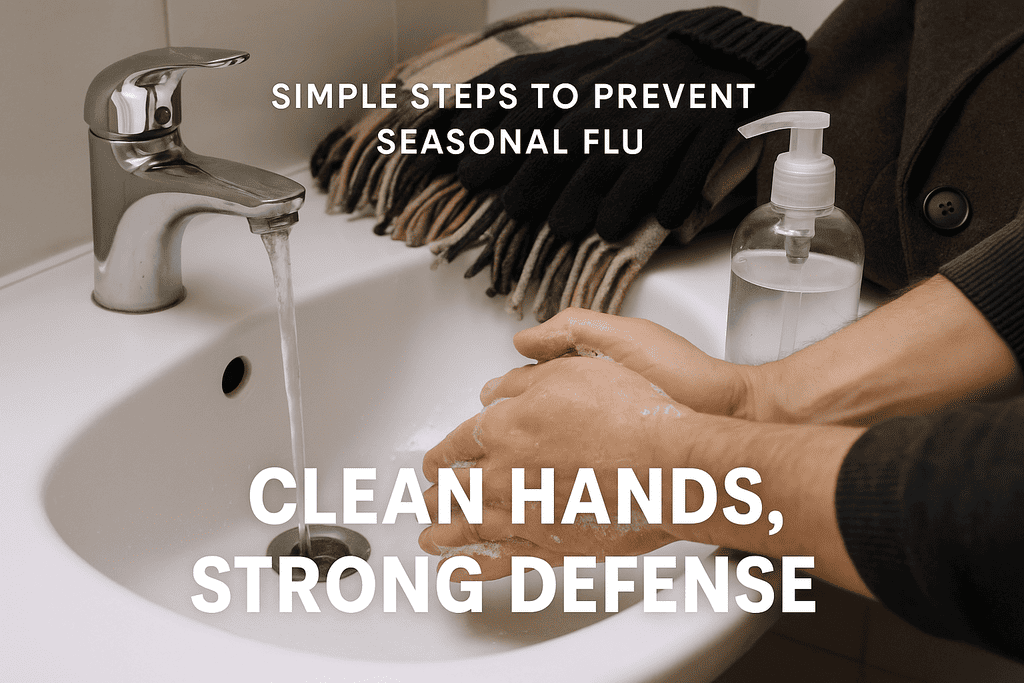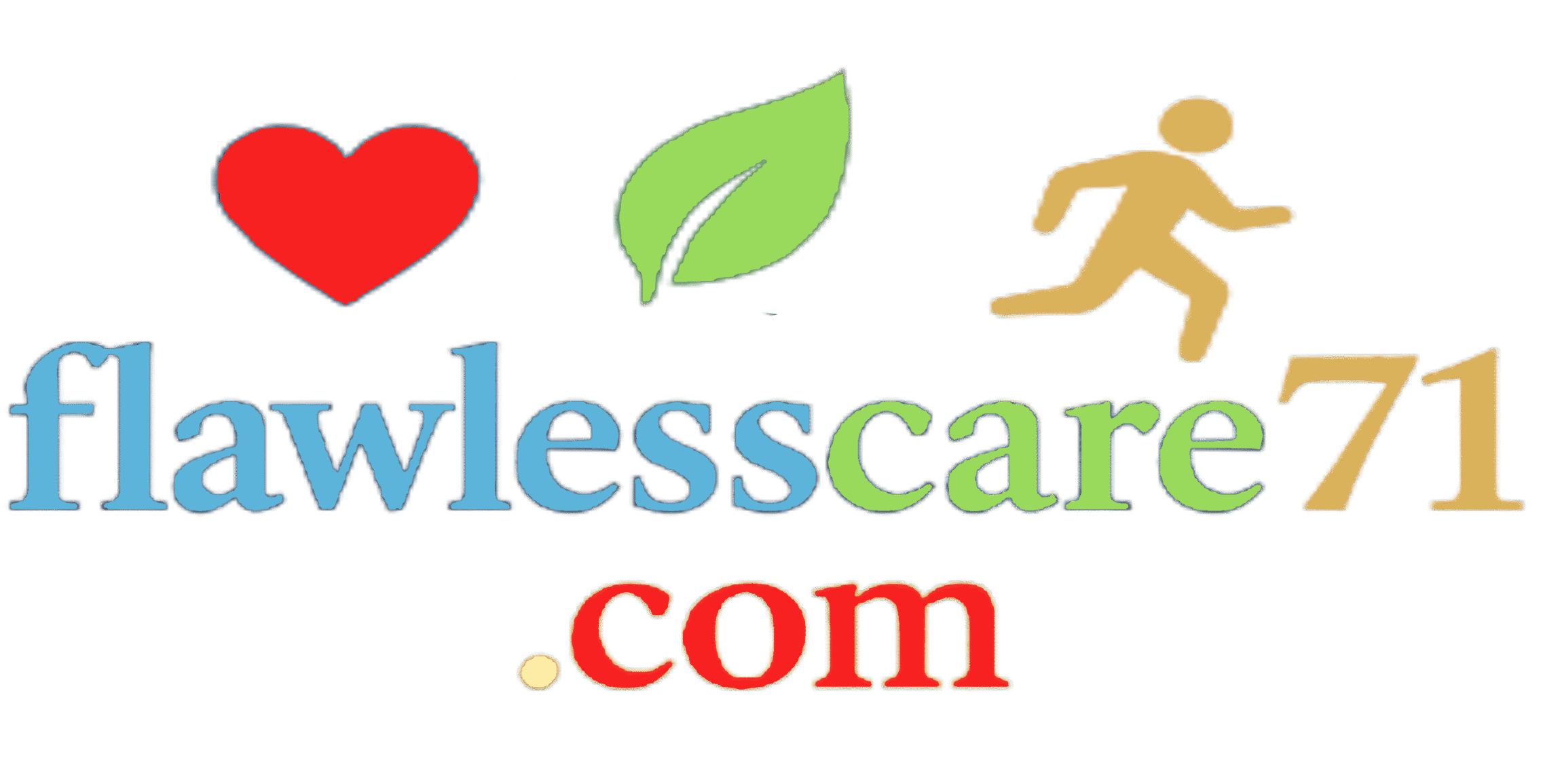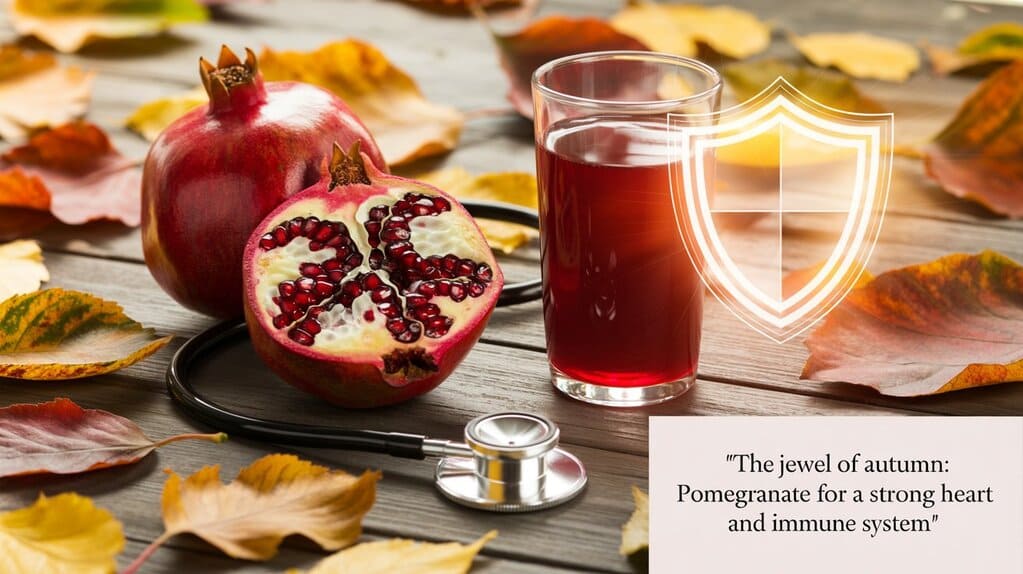
Introduction
As temperatures drop and people spend more time indoors, respiratory viruses and seasonal illnesses surge. Preparing your body before winter arrives is one of the smartest, most cost-effective ways to reduce the risk of colds, influenza, and other seasonal infections. This article gives practical, science-backed, natural immune-boosting strategies you can adopt immediately. It combines clear action steps, SEO-friendly keywords, concise key points, a simple evidence table, and references to major studies and reviews from researchers in Europe, North America, and Asia.
SEO keywords (examples to use in meta, headings and alt text): boost immunity, winter immunity tips, natural immune boosters, prevent seasonal flu, vitamin D for immunity, probiotics and respiratory health, sleep and immune function, exercise to boost immunity, hand washing respiratory infections. (These phrases are used and highlighted below.)
Key Points (Quick summary)
- Prioritize sleep, moderate exercise, and a balanced diet—these three lifestyle pillars have the largest, most consistent impact on immune resilience. PubMed+1
- Vitamin D supplementation reduces the risk of acute respiratory infections in people with low baseline vitamin D levels. PubMed
- Probiotics show promise for lowering the incidence and duration of upper respiratory infections in some trials and meta-analyses. PubMed
- Hand hygiene remains a simple, high-return public-health measure to lower respiratory infection risk. PMC
- Some nutrients and supplements (e.g., zinc lozenges when used appropriately) may shorten cold duration, but evidence and guidance vary—consult a clinician for dosing and safety. Cochrane+1

Body
1. Foundations : Sleep, Diet, and Physical Activity
Sleep: Sleep is not optional for immune health. Sleep supports the coordination of innate and adaptive immune responses; poor sleep disrupts immune signaling and raises infection risk. Aim for consistent 7–9 hours per night and keep a steady sleep schedule. The physiological links between sleep and immune function are well-documented. PubMed+1
Diet: Focus on a balanced diet rich in whole foods—vegetables, fruits, whole grains, lean proteins, nuts, seeds, and oily fish. These provide vitamins (A, C, D), minerals (zinc, selenium), polyphenols and fiber that feed a healthy gut microbiome—an important partner for immune function. Avoid excessive processed foods and added sugars that can promote inflammation.
Exercise: Regular moderate-intensity exercise (e.g., brisk walking 30–60 minutes most days) improves immune surveillance and decreases days lost to the common cold. However, avoid sudden extreme training loads without proper recovery, because prolonged very intense exercise can transiently suppress some immune functions. PubMed
Practical routine:
- Sleep: bedtime ritual, reduce screens 1 hour before bed.
- Diet: include a daily serving of oily fish (or omega-3 source), two cups of colorful vegetables, a piece of fruit, and fermented foods (yogurt, kefir, kimchi).
- Movement: 30 minutes brisk walk or equivalent most days; add strength sessions 2×/week.

2. Micronutrients and Supplements — Evidence-Based Use
Vitamin D: Large meta-analyses show vitamin D supplementation reduces the risk of acute respiratory tract infections, particularly in people with low baseline 25(OH)D levels and when given as daily or weekly doses rather than large infrequent boluses. If you live in higher latitudes or get little sun in winter, check your vitamin D status with a clinician and consider supplementation (commonly 800–2000 IU/day depending on level and medical advice). PubMed
Probiotics: Systematic reviews and Cochrane-style meta-analyses indicate certain probiotic strains can reduce the incidence, duration, and severity of upper respiratory infections—effects vary by strain and study. Choose evidence-backed strains (look for clinical trial references on product labels) and use them consistently for several weeks to months for best results. PubMed
Zinc: Zinc lozenges taken at the earliest sign of cold symptoms have been associated with shorter duration of symptoms in multiple meta-analyses. Recent systematic reviews are cautious and note heterogeneity in results and potential side effects—avoid chronic high-dose zinc without medical supervision. PMC+1
Herbal and Traditional Formulations (Asia): Certain traditional formulas (for example, Chinese patent formulas such as Lianhua Qingwen) have been studied in China for respiratory illnesses, including SARS-CoV-2 contexts. Some trials and meta-analyses report symptom improvement as add-on therapy, but evidence quality varies and more rigorous international trials are needed before broad recommendation. Consult local guidelines and clinicians before using these preparations. PMC+1

3. Hygiene, Environment and Practical Preventive Measures
Hand hygiene: Washing hands with soap and water or using alcohol-based hand rubs reduces transmission of respiratory pathogens. Meta-analyses have shown significant reductions in respiratory infection risk in community settings. Keep hand sanitizers available at home and workplaces during high-transmission periods. PMC
Ventilation: Increase fresh air indoors—open windows when feasible. Better ventilation dilutes viral particles and lowers transmission risk.
Masks in high-risk situations: While masks are not necessary for everyday low-risk situations for everyone, wearing a well-fitting mask in crowded, poorly ventilated spaces or when caring for someone ill can reduce transmission risk for both wearer and others.
Stress management: Chronic stress impairs immune regulation. Simple stress-reduction strategies—mindful breathing, regular physical activity, social connection—support immune health.
4. Practical Winter Checklist (Actionable)
- Get adequate sleep nightly (7–9 hours).
- Start/check vitamin D with your clinician and supplement if deficient. PubMed
- Eat a varied, whole-food diet with fermented foods and fiber.
- Use an evidence-backed probiotic if desired (check product trials). PubMed
- Keep up moderate exercise routinely. PubMed
- Practice hand hygiene and improve indoor ventilation. PMC
- Consider zinc lozenges at first sign of cold after consulting guidance. PMC+1
Table : Natural Measures vs. Evidence Summary
| Natural Measure | What it does | Strength of evidence |
|---|---|---|
| Sleep (7–9 hrs) | Supports innate/adaptive immunity | Strong (mechanistic + observational + clinical). PubMed |
| Vitamin D supplementation | Lowers risk of acute respiratory infections (esp. if deficient) | Moderate–Strong (meta-analyses of RCTs). PubMed |
| Moderate exercise | Improves immune surveillance and reduces cold days | Moderate (systematic reviews). PubMed |
| Probiotics | May reduce incidence/duration of URTIs (strain-specific) | Moderate (Cochrane/meta-analyses; heterogenous). PubMed |
| Handwashing / hygiene | Reduces transmission of respiratory pathogens | Strong (meta-analyses). PMC |
| Zinc lozenges (acute use) | Can shorten cold duration when used early | Mixed (meta-analyses positive; systematic reviews cautious). PMC+1 |
| Traditional herbal formulas (e.g., LQ) | May improve symptoms in some trials (Asia) | Low–Moderate (regional trials; more high-quality evidence needed). PMC+1 |
Conclusion
Protecting yourself at the start of winter doesn’t require exotic interventions—consistent sleep, balanced nutrition, moderate exercise, basic hygiene, and targeted supplements when appropriate form the most reliable strategy. Scientific studies from Europe, North America and Asia support these practical measures: vitamin D for those deficient, select probiotics for gut–lung health, zinc lozenges for early symptom relief, and the foundational roles of sleep and exercise in immune resilience. Use the checklist above to build a personal winter immunity plan, and consult your healthcare provider about supplements, especially if you have chronic conditions, are pregnant, or take medications.
References (selected, readable list)
- Martineau AR, Jolliffe DA, Greenberg L, et al. Vitamin D supplementation to prevent acute respiratory tract infections: systematic review and meta-analysis of individual participant data. BMJ. 2017. PubMed
- Zhao Y, et al. Probiotics for preventing acute upper respiratory tract infections. Cochrane Review / systematic analyses (2022). PubMed
- Besedovsky L, Lange T, Born J. Sleep and immune function. Pflügers Archiv — European Journal of Physiology / reviews. (2012, 2011). PubMed+1
- Nieman DC. The compelling link between physical activity and the body’s defense system. Sports Medicine / review. 2019. PubMed
- Rabie T, Curtis V. Handwashing and risk of respiratory infections: a systematic review. Epidemiology & Infection / meta-analysis. 2006. PMC
- Hemilä H. Zinc lozenges and the common cold: meta-analyses and considerations. (Various meta-analyses and reviews; see 2017 meta-analysis). PMC+1
- Cochrane. Zinc for prevention and treatment of the common cold. (Cochrane systematic review, 2024—conclusions cautious). Cochrane
- Li Y., Zhan YQ, et al. Efficacy and safety of Chinese medicine Lianhua Qingwen for respiratory illnesses: selected clinical trials and meta-analyses. (Chinese clinical trial literature; see reviews 2020–2023). PMC+1






